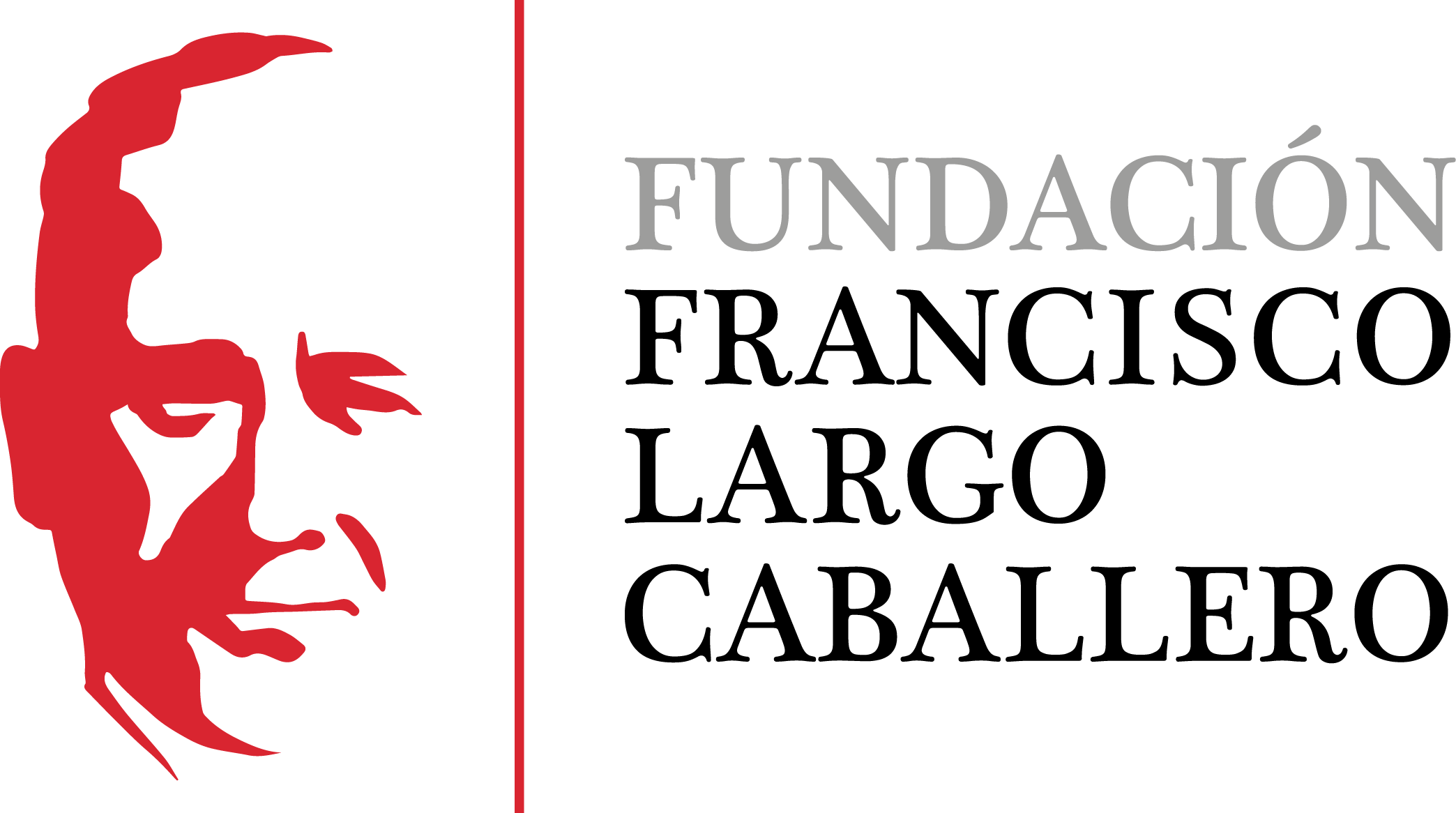Catalanism and Democracy
State, Regimeand Government in 19th Century
DOI:
https://doi.org/10.69791/rahc.201Keywords:
Republic, Catalonia, federalism, democracy, nacionalismAbstract
The article reviews the attitudes, analysis and proposals of the nineteenth century Catalanism about the configuration of the Spanish liberal state, the different bets on the monarchy or the republic and the role to be played by Catalonia and who were the backbone of the draft Catalan reality. It is called special attention to the strength, continuity and popular will of the progressive and liberal formulations, particularly those who accepted and developed a federal republican matrix. In this line, together with the perpetrators and leaders usually considered, as Valentí Almirall or the same Francisco Pi y Margall, stresses the importance of many other basic and influential too, as Thomas Bertran i Soler, Joan Baptista Guardiola, Josep Narcís Roca i Farreras and, most particularly, Josep Maria Vallès i Ribot. The various political failures just before the consolidation of a bourgeois liberal state in Spain marked by the cacique dynasticism centralist help explain the growing hegemony of conservative Catalanism in Catalonia in the late century. Nor the theoretical background was homogeneous and had several lines of opinion and development, with authors such as weight Duran i Bas, Mañé i Flaquer or Torras i Bages. Tended to move in the context of proposals more cultural, not political. It was only at the gates of the new century, noted the many shortcomings of the Spanish liberal state built from centralism, when he managed to galvanize political interventionism based on covenant claims more directly with economic and social aspects of the Catalan bourgeoisie.
Downloads
Global Statistics ℹ️
|
108
Views
|
39
Downloads
|
|
147
Total
|
|
Downloads
Published
How to Cite
Issue
Section
License
Copyright (c) 2010 Pere Gabriel

This work is licensed under a Creative Commons Attribution 4.0 International License.
Alcores is an open-access journal. It provides unrestricted access to its content from the moment of publication. We respect intellectual property rights, and for this reason, the author retains the copyright. All content is distributed under a Creative Commons Attribution 4.0 International (CC BY 4.0) license. The terms of the license can be consulted at: https://creativecommons.org/licenses/by/4.0/
This license allows sharing (copying and redistributing the material in any medium or format) and adapting (remixing, transforming, and building upon the material for any purpose), provided that authorship and first publication in this journal are properly credited, a link to the license is included, and any changes made are indicated.
This type of license facilitates the freedom of reuse and ensures that the content of this journal can be used to meet research needs.









